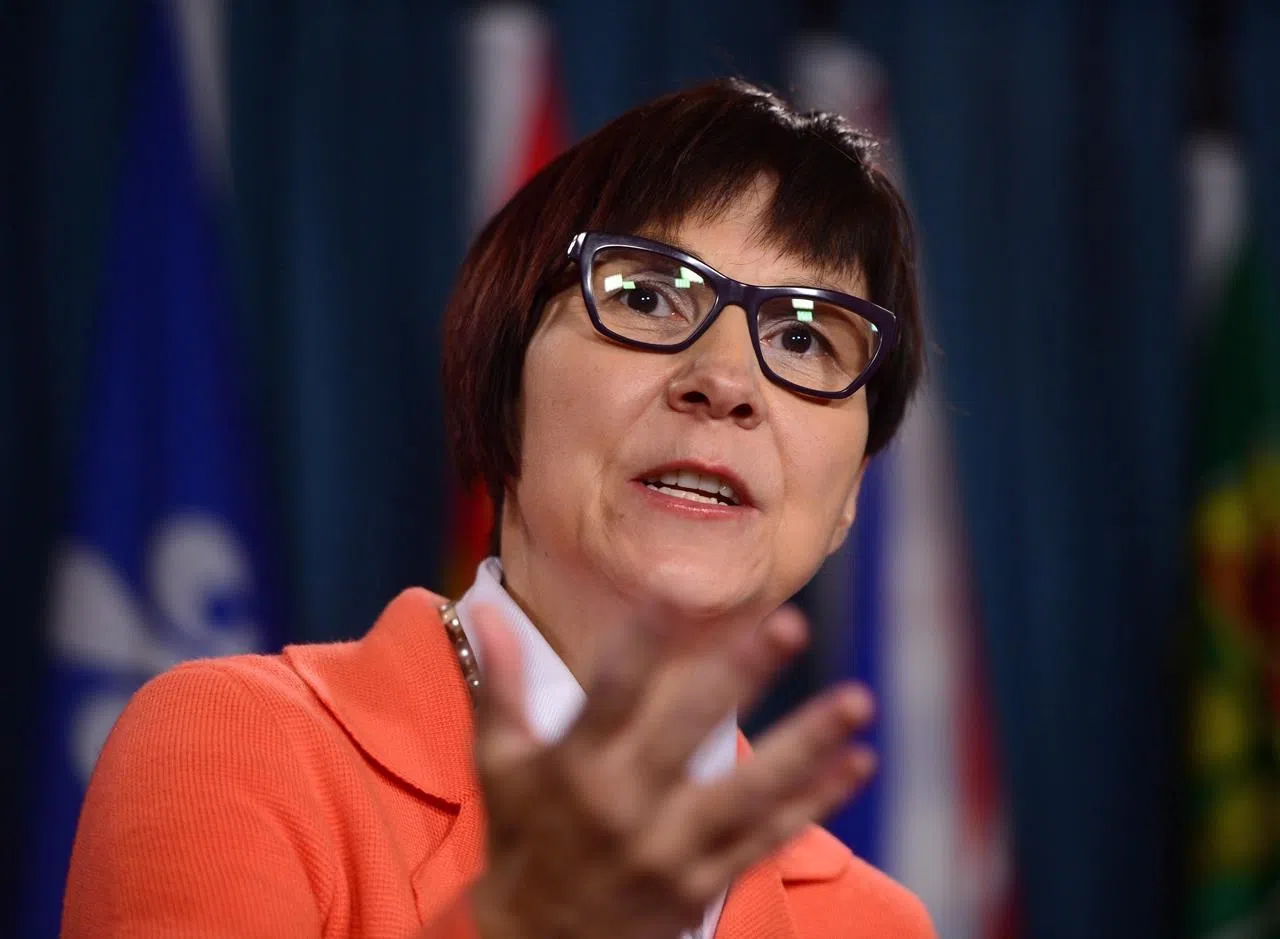
Federal government fails on First Nations child health delivery: advocate
OTTAWA — An outspoken child advocate is accusing the federal government of dragging its feet in implementing a funding principle aimed at ensuring all First Nations children are able to access necessary services.
At the heart of the dispute is Cindy Blackstock, a long-standing champion of the rights of indigenous children, and Jordan’s principle — named for a five-year-old boy who died in hospital in 2005 as the federal and Manitoba governments squabbled over who should cover his home-care costs.
Blackstock is taking issue with documents from February 2016 that show the federal government explored different options for applying the principle, which holds that no indigenous child should suffer denials, delays or disruptions of health services available to other children due to jurisdictional disputes.
Ottawa was ordered to comply with the principle in January by the Canadian Human Rights Tribunal after a nine-year battle led by Blackstock’s group, the First Nations Child and Family Caring Society, and the Assembly of First Nations.


